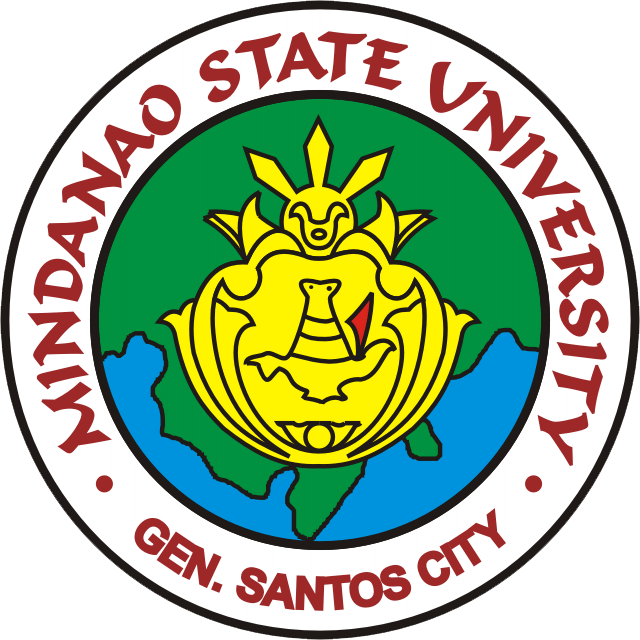In the Philippines, President Rodrigo Duterte initiated the War on Drugs campaign due to the alarming number of drug addicts when he was elected as the Chief Executive. However, the policy has gained both support and criticisms. Primarily, human rights concerns were raised due to incidents that were allegedly linked to extrajudicial killing in pursuit of drug personalities.
The researcher employed mixed method approach; qualitative analysis on obtained information on their approaches in the War on Drug implementation and empirical data on the status of War on Drugs community-based implementation. Thus, in the interpretation of the results, thematic analysis was utilized and content analysis was employed for the archival data. On the other hand, the responses were analyzed by using the Descriptive Statistics to determine the general perception of the community as well as the concentration of their response based on the options of the Likert items.
The findings of this study show data from the PNP indicates that most of the drug personalities have finished the Community-Based Rehabilitations Program. Therefore, the drug personalities are stabilized due to preventive measures employed by the LGU and the PNP. In line with this, the community is perceived as somewhat safer by the constituents based on their observation on the approaches of the law enforcers, rhetorics of President Duterte, and their knowledge on the War on Drugs. Respondents positively interpret the actions of authority, which instills consensual perception towards the controversial Philippines' War on Drugs.
Author
RHOANNE SHYRY OREGILA
Abstract
SY
2022
Program
Bachelor of Arts in Political Science
Department
Department: Political Science
College
College: Social Sciences and Humanities
